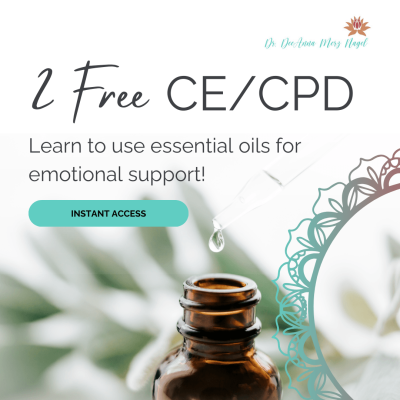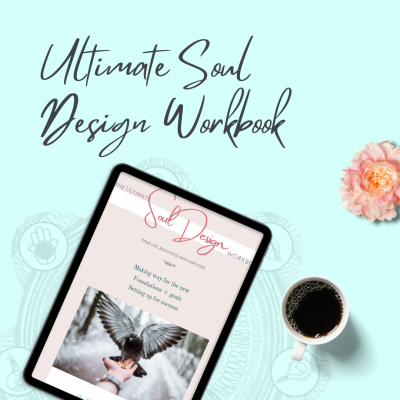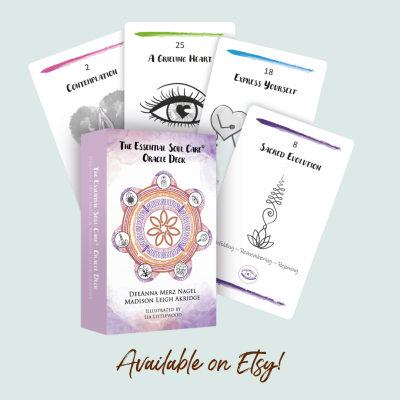
13 Reasons Why spoiler alert rating: mild to moderate
If you are in crisis please go to
Or visit
A friend of mine recently asked if I had yet watched the Netflix series, 13 Reasons Why. I replied, “No. I haven’t even heard of it.” She was surprised I had not, given the topic and all the controversy. The series is about a teen’s suicide and the aftermath that follows. I was a psychotherapist for 2 decades so this is the kind of show I would have watched, studied and conversed with among my colleagues.
This is not just a story about suicide
I watched both seasons and then I read what others were saying – the good, the bad, the controversy. My personal reaction (not scholarly, and not necessarily deconstructing every episode) is that it has people talking. Yes, the suicide scene was horrible, difficult, yet the writers chose (perhaps wrongly?) to portray an act of suicide that was not passive- rather than taking a bottle of pills and slipping away quietly into the night.
I see Hannah as a teen girl who struggles with much of the stuff many teenage girls do. But I see the clincher in the entire series as the rape(s). One argument that I read was that the story was one singular view of suicide. True, but it is not one singular view of the aftermath of rape. Several girls in the series are raped, all with different responses and ways to recovery. But it was clear to me that this final violation of rape is what tipped Hannah to kill herself, just as the final violation of rape is what caused Tyler to go to the school dance with guns.
A different kind of suicide letter
Hannah’s choice to record her “suicide letter” is also debated with some people suggesting a teenager who is suicidal would not think through to such an extent. It was pointed out more than once by her classmates that Hannah had a flare for drama so the cassette tapes fit right in from my viewpoint. It is a slim comparison, but I thought of Sylvia Plath. While she had made previous attempts, the first at the age of 20, she was 30 when she finally killed herself. She eluded to death in her writings and spent years contemplating her own demise. Though her writings at times may have been cryptic, Sylvia’s way to her own death appeared plotted and and planned.
Hannah was struggling with her own artistic expression (she did not yet believe her writing gave voice) and the tapes were a vehicle for expression that perhaps in the end, provided an easier, unencumbered way to express what she wanted others to know. In real life, this would be a situation where the family, loved ones, friends, teachers, counselors would scratch their heads and ask, “Why? and “Why in this way with these tapes?” And in the end no one really knows…
Figment of imagination or apparition
That Hannah becomes popular after her death, almost glorified is a common critique. I watched it as a drama series so I expected some of that- otherwise it would be a documentary. With that said, the most inauthentic part of the show for me, were the Hannah/Clay encounters after her death. Obviously this was a way to keep Hannah a character in the story line and the writers stated that they wanted to portray Hannah as a figment of Clay’s imagination. She almost seemed like an apparition and yet I knew that is not what the writers were trying to portray. The show may have taken on an entirely different feel if, after she died, she remained gone and we saw Clay’s outward struggles while struggling with internal thoughts that perhaps would or would not be part of the show’s dialogue.
Worry about copycat behaviors
There are those that say the show is a trigger for teens who are already struggling. I agree that this series is not one that should be watched by teens who are in the throes of deep depression or who have had suicidal thoughts or attempts already. But I also agree that teens who are dealing with rage and aggression and display poor social skills should probably not play violent video games.
Suicide is violence turned inward – and that is what is tough I think. Many dramatic TV series glorify violence- some even glorify serial killers, yet there is little controversy or concern. What I like most about 13 Reasons Why is that it is creating dialogue. And it is creating dialogue among professionals, feminists, rape survivors and suicide advocates on all sides of the issue. If you are a parent, educator, teen, professional or part of the media, and you are concerned that the series may have detrimental effects I recommend the 13 Reasons Why Toolkit. This toolkit equips people with ways to discuss the series for constructive gain (it would be great if such a Toolkit existed regarding the video game, Call of Duty as well, just sayin’).
I found the Netflix panel discussion offered at the end of Season 2 to resonate with my views. If you have watched the series I recommend Beyond the Reasons.





